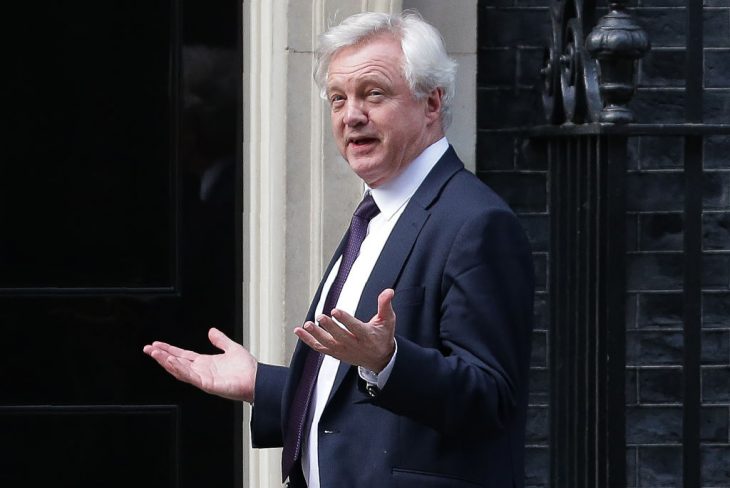Britain’s biggest exercise in copying and pasting has begun in earnest. The Government has published its Great Repeal Bill White Paper, which it says is vital to ensuring that whether we end up with a ‘hard’ or ‘soft’ Brexit (or any other type of Brexit), it’ll be a ‘smooth’ Brexit. The scale of the task is no mean feat. The Times reported this morning a study by Reuters identifying 53,000 laws affecting those in the UK that originated in Brussels since 1990. All of these will need to be dealt with and passed over into UK law. But even that estimate could be downplaying what the Government needs to do. In its White Paper, we learn today that: ‘There is no single figure for how much EU law already forms part of UK law’. In other words, ministers simply don’t know how many laws they need to repeal and replace.
For some, the scale of the task at hand proves the point about why leaving the EU risks bogging down Whitehall for years to come. But for others, the mammoth job shows just how far Brussels’ tentacles have encroached into Parliament – and demonstrates why Brexit is so important for restoring sovereignty.
So what is the Great Repeal Bill? Davis boiled it down to three key elements. He told MPs it will involve getting rid of the European Communities Act; converting EU law into UK law; and changing the laws which wouldn’t work without being inside the EU.
If that all sounds simple enough, don’t be fooled: this is ‘one of the largest legislative projects ever undertaken in the UK’, according to the Commons Library. And given what a huge undertaking it is, it was obvious that Davis was keen to avoid making enemies. As with the Prime Minister’s performance yesterday, the Brexit Secretary was treading carefully at the despatch box (having toured the studios this morning insisting that the implicit threat in the Article 50 letter on security co-operation wasn’t, in fact, a threat).
In a nod to this new frame of mind, Davis spoke repeatedly about this being a bill for the ‘whole of the United Kingdom’. It was obvious that this was a bid to keep the devolved assemblies happy. Davis was keen, as well, to emphasise Parliament’s role in all this. Following their battle in the Supreme Court over the triggering of Article 50, it seems the Government has learned its lesson about Parliamentary sovereignty (even if, ironically, Davis was speaking to a half-empty House of Commons).
But it’s on this same issue of where the Government’s powers end and Parliament’s begin that could well brew trouble for ministers. Given what a shambles they’re in, it’s easy to forget the opposition, yet Labour are already making it clear they aren’t best pleased with this bill. Keir Starmer accused Davis of trying to obtain ‘sweeping powers for the executive’. While Jeremy Corbyn said the Government was attempting to use ‘dictatorial’ procedures. Put simply, the argument comes down to the Government’s use of ‘Henry VIII’ powers, which allow the Government to tinker legislation without the express say-so of Parliament. In its White Paper, the Government says it needs to do this between ‘800 and 1,000′ times.
Ministers are at pains to spell out that these powers are nothing new. And it’s true that statutory instruments were used an average of more than 1,000 times a year during the last few parliaments. But given the unprecedented scale of this undertaking, the Government’s use of these statutory instruments is also without parallel. Now the Brexit clock is ticking, whether Davis can convince critics that the Government’s approach is the only way of getting things done in time will be vital in determining whether the Government Great Repeal Bill isn’t a disaster.







Comments